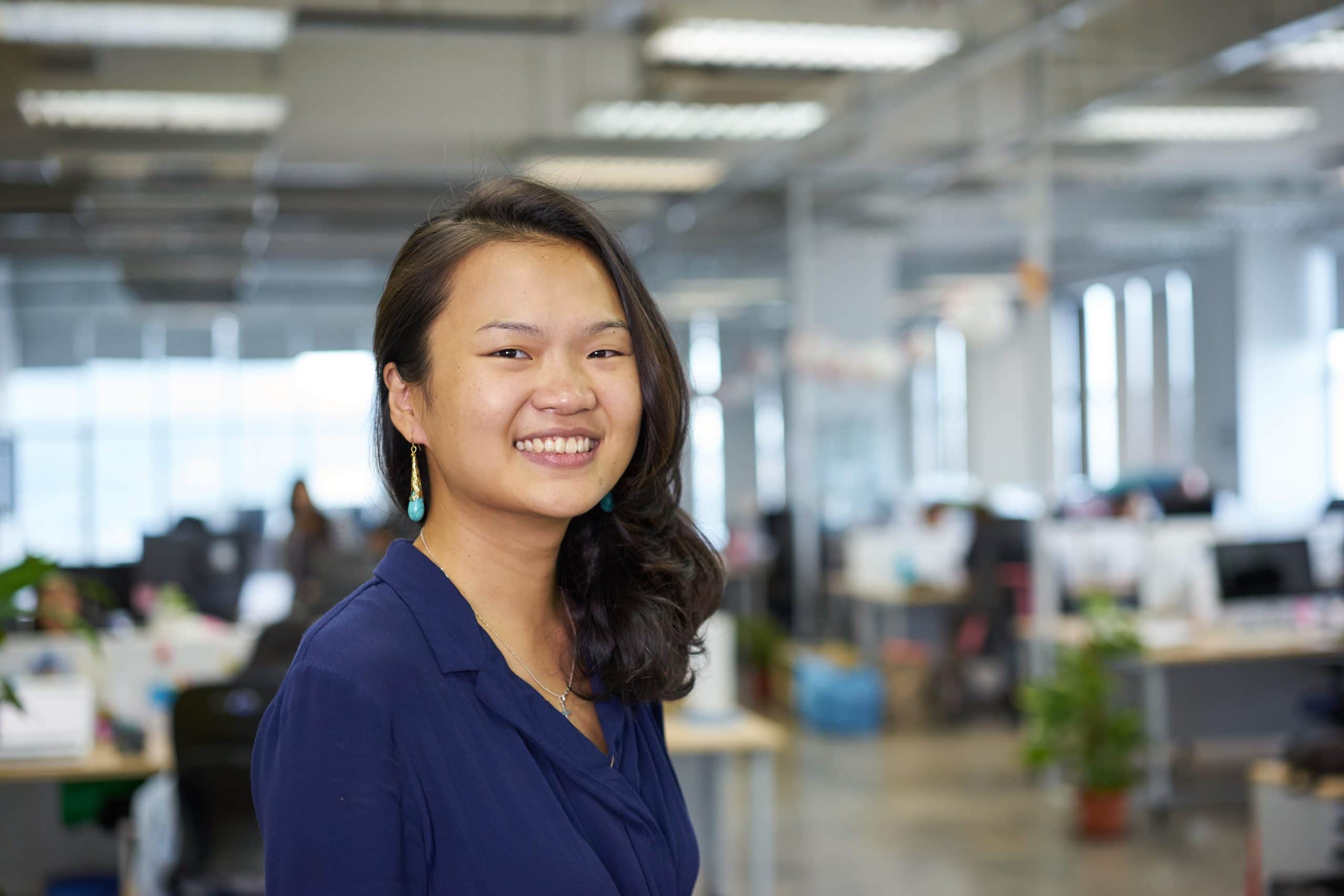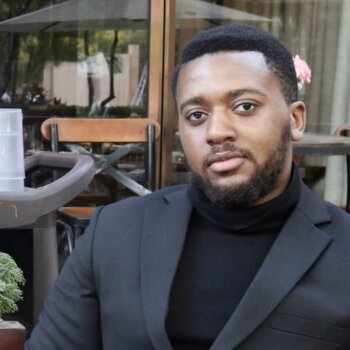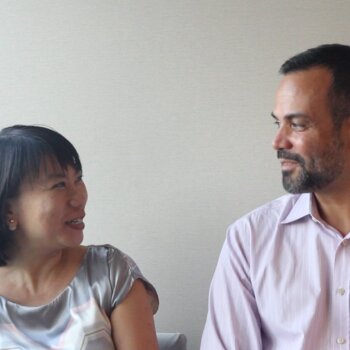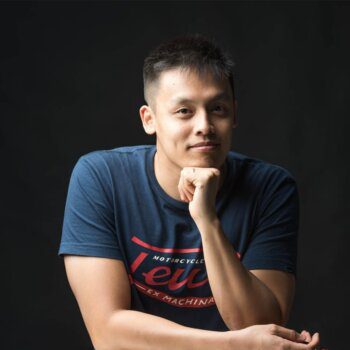(Women on Top in Tech is a series about Women Founders, CEOs, and Leaders in technology. It aims to amplify and bring to the fore diversity in leadership in technology.)
Ai Ching Goh is the Co-Founder and CEO at Piktochart, a web app offering users without intensive graphic design experience to easily create professional-grade infographics using themed templates. She is one of the members of Forbes Technology Council. In 2014, she was a finalist for MIT Technology Review magazine’s 35 Innovators under 35 (TR35).
What makes you do what you do?
I am driven by my faith in God first and foremost – I believe everyone has a unique set of skills and personality to equip them in their calling in life. I am also encouraged to be working with an amazing team at Piktochart and our desire to serve our customers in the best way we possibly can.
How did you rise in the industry you are in?
I cannot give credit to myself for the blessings that we have garnered – I am grateful to have a very good team that has stuck with us through thick and thin and to be building this company alongside some very intelligent and passionate people. We have made a lot of mistakes as a team and grow through them.
Why did you take on this role/start this startup especially since this is perhaps a stretch or challenge for you (or viewed as one since you are not the usual leadership demographics)?
I do not have an MBA, did not work for a famous startup and I’m an ordinary person with a normal education. I felt I had no choice as I worked in a corporation some time ago and felt it wasn’t a fit for me. Culture, the unspoken code of what makes an organization behave the way it does, was most important to me and I had not found a company I would have liked to work at. Had I joined the workforce 6 years later, I think there are plenty of startups and I might not have gone for Entrepreneurism the first round.
Do you have a mentor that you look up to in your industries or did you look for one or how did that work?
I have a few mentors that I’ve kept in touch with – April and Craig Chapman for their dedication to God, excellence in the work they do and being loving spouses and parents to their children.
How did you make a match if you did, and how did you end up being mentored by him?
We met in an organization called Praxis.
Now as a leader how do you spot, develop, keep, grow and support your talent?
I have constant conversations with my leaders, and keep a close eye on conversations throughout the organization. I make myself accessible and try to ensure that the people have room to continue growing. We have instilled many things in the organization like a People Success Officer who looks purely at talent development. She has built various frameworks to help the leaders spot, develop and grow talent through performance reviews, regular 1:1s as well as career aspirations.
Do you consciously or unconsciously support diversity and why?
I support diversity, but not in the conventional sense. I see it as an important mission to have people who are from diverse backgrounds and have different sets of skills, see things differently. But I do not obsess about the lack of diversity, e.g. there’s no conscious need to hire female developers etc.
What is your take on what it takes to be a great leader in your industry and as a general rule of thumb?
It depends on how success is measured. For many, a leader is great if he/she manages to turn around the performance of the company or drive the company to greater heights. There’s no one size fits all for great leaders and it depends on the state of the company, and the leader’s natural disposition.
Advice for others?
My advice for other leaders, know what is it you are going for and consciously think about your legacy.
If you’d like to get in touch with Ai Ching Goh, please feel free to reach out to her on LinkedIn: https://www.linkedin.com/in/gohaiching/





























